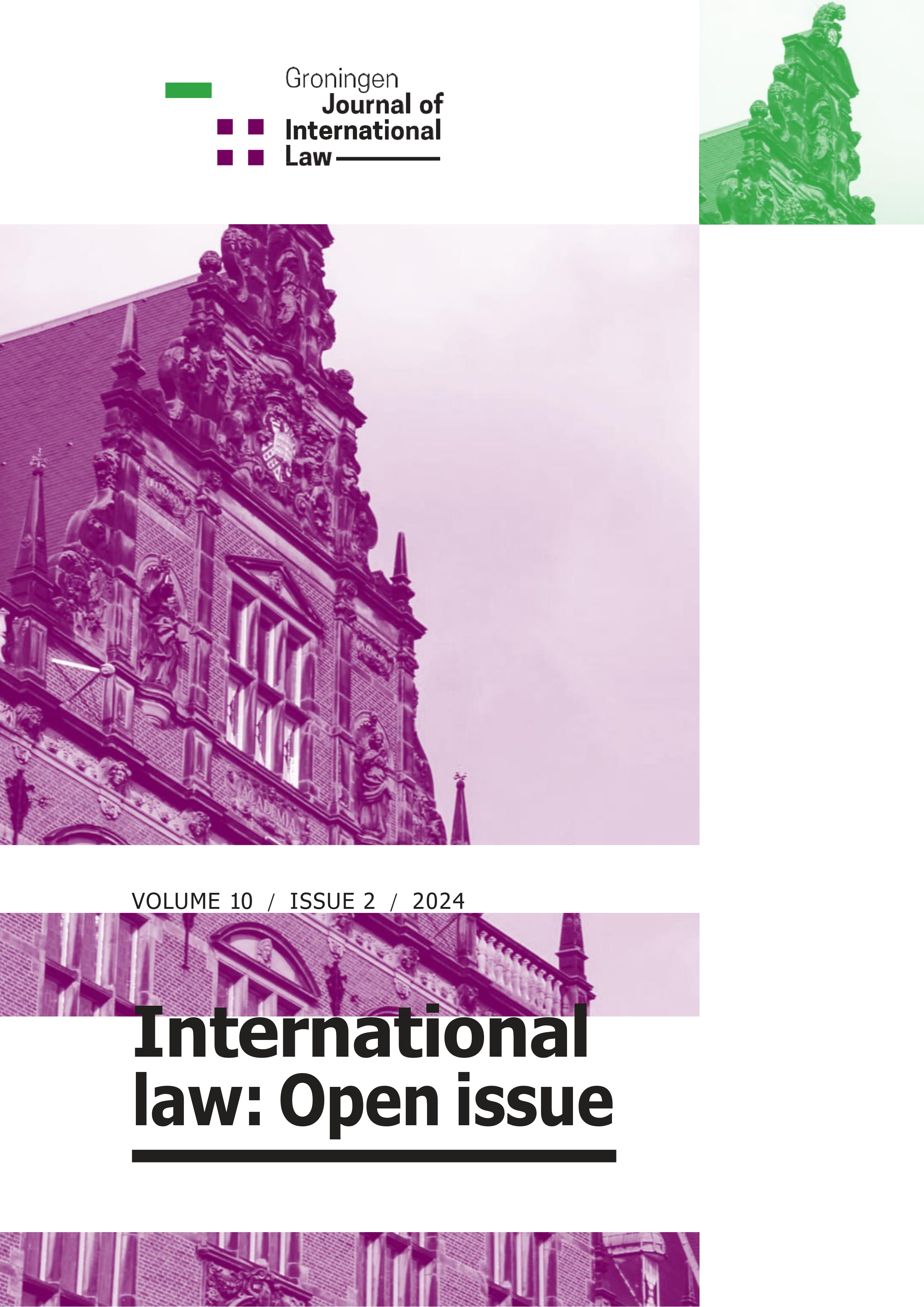A UNHRC Resolution of Questionable Legality on Sri Lanka and its Importance as a Catalyst for Future UN Reform
DOI:
https://doi.org/10.21827/GroJIL.10.2.103-140Keywords:
SRI LANKA, CIVIL WAR, UNHRC RESOLUTIONS, UN CHARTER ARTICLE 2(7), INTERNATIONAL LAW, HUMAN RIGHTS LAW, ARTICLE 28 OF THE UNIVERSAL DECLARATION OF HUMAN RIGHTSAbstract
From 2012-2019, the United Nations Human Rights Council (UNHRC) adopted a series of resolutions on Sri Lanka calling for accountability for war crimes and other crimes purportedly committed during the war against the Liberation Tigers of Tamil Eelam (LTTE). This paper challenges the traditional narrative regarding the resolutions – ie that it was a well-intentioned effort by the sponsoring nations, the United States (US) and its allies, to foster peace and reconciliation in Sri Lanka. Instead, this paper argues that in pursuing the resolutions, the UNHRC has violated the fundamental principles of the Charter of the United Nations (UN Charter) as well as the UNHRC’s founding documents. The author contends that, through these resolutions, the US and its allies have developed a series of innovative tactics to enable them to intervene in the internal affairs of weak nations by using the UNHRC as a conduit. It is in the interest of the friends of the United Nations (UN) and, in general, all persons who value the rule of law in international affairs to know about what has happened so that they can advocate for the relevant reforms in order to prevent the UN from losing its credibility any further.
Published
Issue
Section
Copyright (c) 2024 Dharshan Weerasekera

This work is licensed under a Creative Commons Attribution-NonCommercial-NoDerivatives 4.0 International License.
Open Access Creative Commons


